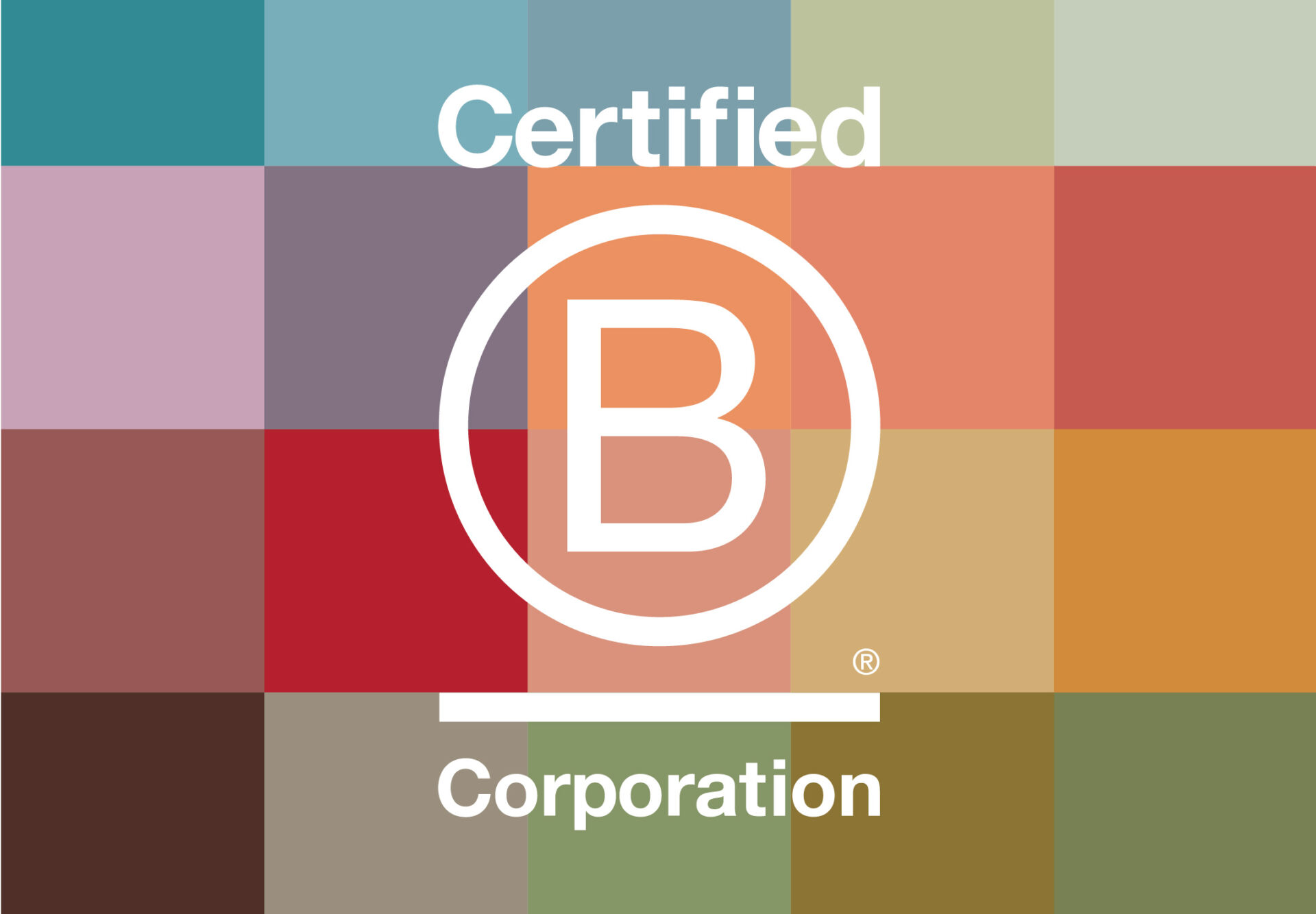Meet us where you are. We’ll take you where you want to go.
Whether it’s revitalizing your visual identity, repositioning your brand within the marketplace, rejigging your strategy—whatever your objective, we have the expertise to help you achieve it.
Our proven approach, built over years of experience and practice, consistently delivers brands and marketing tools that do exactly what they need to.
If you’re ready for your brand to lead and inspire, reach out. We’re ready to take you to a better locale.
Contact us
April 2, 2024
RGD Student Awards sponsor
February 21, 2024
Increasing our GHG reduction target to 60%
December 10, 2023
Now spelling Studio Locale with a B
Ready to discuss your design project?





